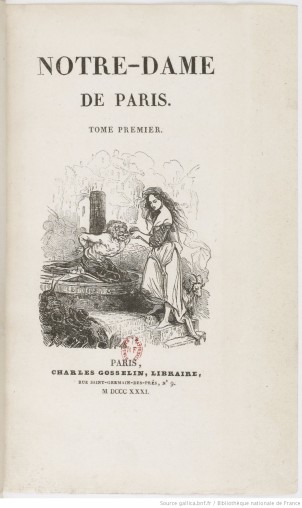
STENDHAL (Henri Beyle), Scarlet and Black: A Chronicle of the Nineteenth century. Translated by Margaret R.B. Shaw. Middlesex, UK: Penguin Books, 1983; 1953.
Original citation: Le Rouge et le noir. Paris: A. Levasseur, 1831.
Condemned: June 20, 1864 to 1900.
§3: Books that attempt to attack religion or good morals.
§9: Books which professedly discuss, describe, or teach impure and obscene topics.

